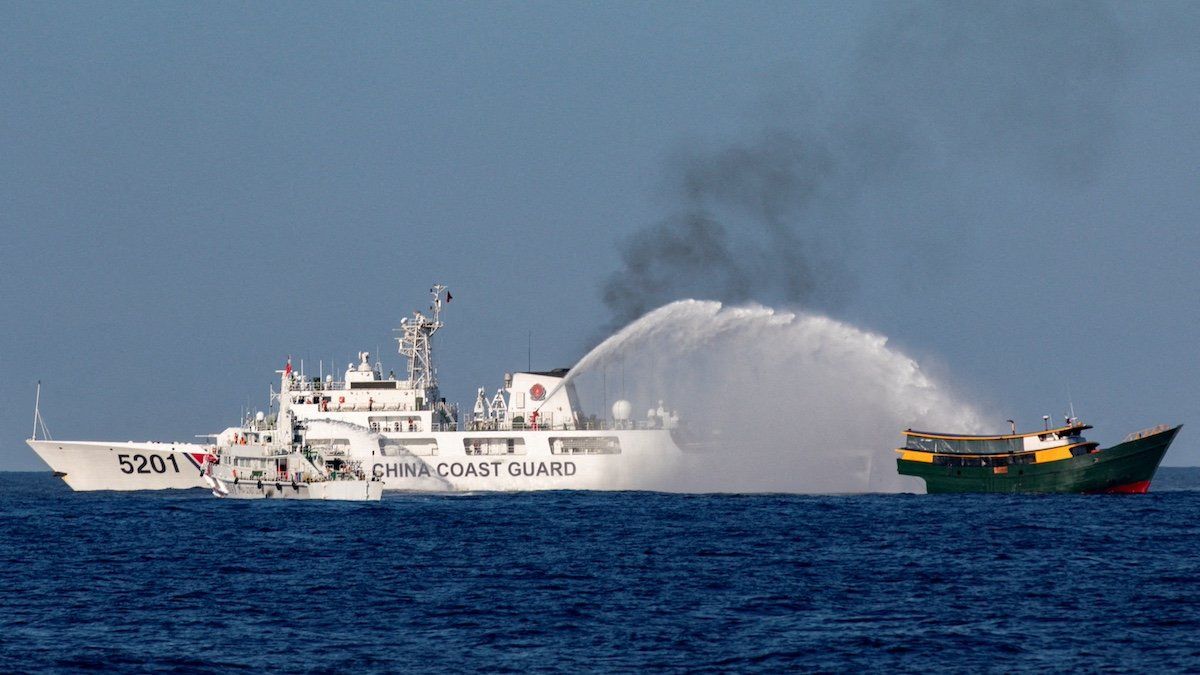The US, Japan, Australia, and the Philippines banded together Sunday for their first joint naval exercises in the South China Sea to push back against Beijing’s aggression and territorial claims in the region. A recent op-ed published in the state-owned China Daily drew parallels between current tensions with the Philippines over the disputed maritime zone and the “Sarajevo gunshot” that preceded World War I. This view is echoed by China expert Gordon Chang, who told Fox News that “it’s more likely that the fight starts over the Philippines than it starts over Taiwan or Japan.”
Cue the cavalry: These drills, including anti-submarine warfare training, are designed to uphold the rule of law and freedom of navigation, according to a joint communique. China said it conducted its own military drills in the region in response. The drills come just ahead of a meeting between US President Joe Biden, Japanese Prime Minister Fumio Kishida, and Filipino President Ferdinand Marcos on Wednesday, when the allies will discuss further cooperation in the South China Sea — with bigger ambitions on the horizon.
The AUKUS alliance is also flirting with the idea of inviting
Japan to be a new partner in countering China's assertiveness. Japan would engage in
“Pillar Two” of the Alliance, which commits members to jointly developing quantum computing, undersea, hypersonic, artificial intelligence, and cyber technology. (Pillar One, which will deliver nuclear-powered attack submarines to Australia, will not include Japan. Before JAUKUS is born, however, experts say Japan must
enhance its cyber defenses and better protect sensitive information. We’ll be watching for an impending announcement at the summit on Wednesday.
